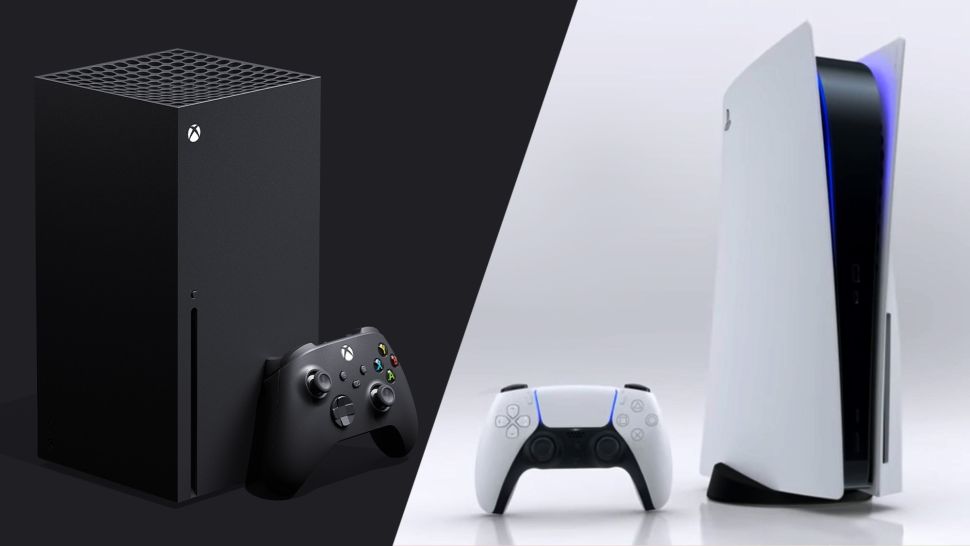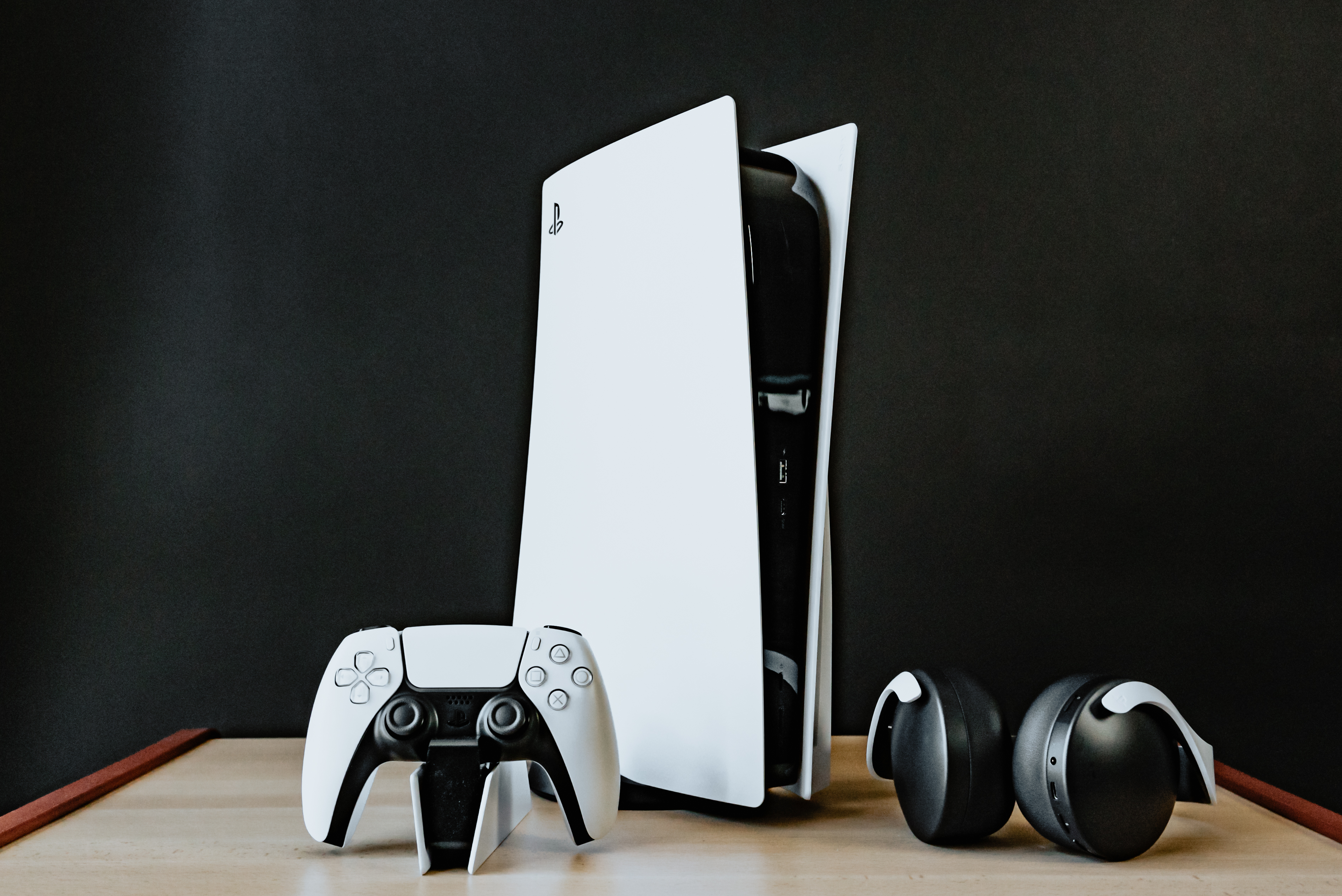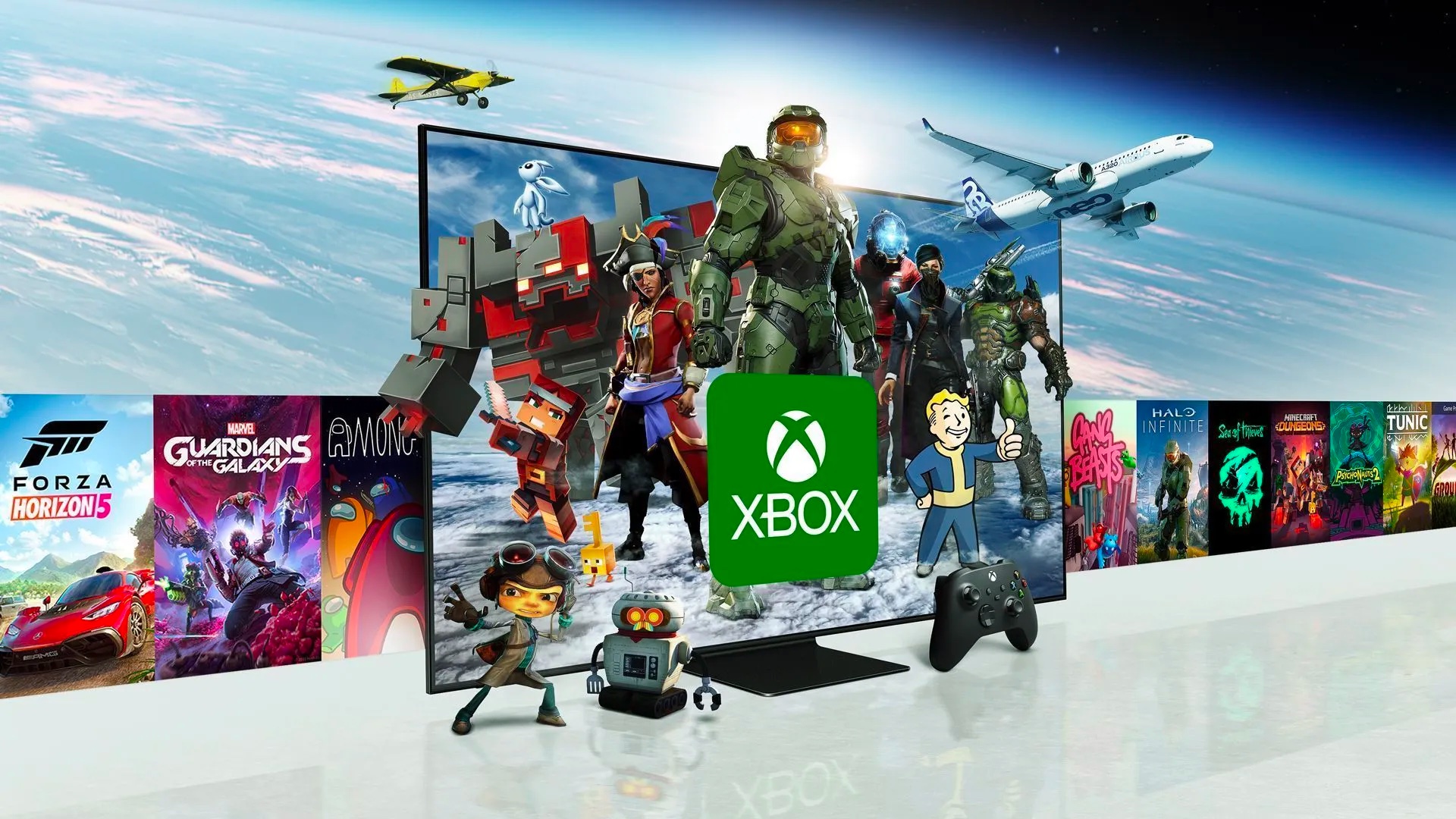PS5 vs. Xbox Series X two years later: Two radically different approaches
The PS5 has built up a robust hardware ecosystem, whereas the Xbox Series X has done the same for software

This week, we celebrated two important anniversaries: the PS5 and Xbox Series X have both been out for two years. Generally speaking, the consoles launched in a strong state, and have only gotten better in the interim. With excellent performance and robust game libraries, Sony and Microsoft have both produced worthwhile current-gen consoles. What’s interesting, though, is that in doing so, both companies have employed radically different strategies.
With the PS5, Sony has taken a more conservative approach to console gaming. For the most part, if you want to play a PS5 game, you’ll have to buy it at full price and play through it exclusively on your console. The downside of this approach is that buying PS5 games essentially tethers you to a single system for the duration of your playthrough. But the upside is that Sony has built up a beautiful hardware lineup to complement the PS5, as computing writer Tony Polanco discusses.
Meanwhile, the Xbox Series X is a completely optional part of the larger Xbox experience. If you buy a game, you can often play it on the Xbox Series X, Xbox Series S, Xbox One or a gaming PC — but you don’t have to buy games outright at all. If you subscribe to Xbox Game Pass, you can download or stream hundreds of games to a console, PC or smartphone, syncing save files effortlessly as you go. On the flip side, though, the Xbox Series X hasn’t provided the same kind of unmissable exclusives as the PS5, as senior editor Marshall Honorof points out.
Essentially, Sony has built up a PS5 ecosystem based on hardware, while Microsoft has built up an Xbox Series X ecosystem based on software. And while neither approach is strictly better or worse, each one offers some tantalizing benefits and some unfortunate drawbacks.
PS5’s hardware ecosystem

Sony has historically been a hardware company. Because of that, it’s no surprise that it has taken a hardware-focused approach toward gaming. Where Microsoft wants you to play its titles on various devices via Xbox Game Pass, Sony wants you to get a PlayStation to play its games. Yes, PlayStation titles are arriving on PC, but years after their initial console release. It’s doubtful we’ll see new PlayStation games arrive on console and PC the way they do on Xbox. Again, Sony’s primary goal seems to be to sell consoles.
Sony’s approach is interesting considering how gaming has rapidly shifted toward digital within the past decade. According to PlayStation head Jim Ryan, 80% of PlayStation game spending is digital. Regardless, if you want to play PlayStation exclusives, you’ll need a PlayStation console. Given how the PS5 has currently sold 25 million units despite supply chain issues, Sony’s strategy is evidently working.
And as far as we can tell, Sony will continue putting its gaming hardware at the forefront. We say "gaming hardware" instead of console because Sony has released numerous devices that complement the PlayStation experience. If you buy an official PlayStation peripheral such as a Sony Inzone H9 headset or Sony Inzone M9 gaming monitor, you won’t have to worry about compatibility. It will just work. TVs like the Sony Bravia XR A80J OLED also pair nicely with PS5. You can view this as Sony's version of the Apple ecosystem.
Outside of gaming, PlayStation consoles, have served as secondary, or in some cases, primary media centers. One of the main reasons for the PS2’s success is that it was, at the time, the most affordable DVD player available. The PS3 was a fantastic Blu-Ray player and is still one even today. Similarly, the PS5 doubles as a solid UHD player for 4K movies. Yes, Xbox consoles also let you play BD and UHD disks, but this aspect has always been a selling point for PlayStation systems — even outside of gamers. It's one of PlayStation's strongest aspects.
It’s unclear how long Sony’s hardware focus will remain viable. Again, it’s evident that gaming is going (or has gone) almost entirely digital. With that said, it's hard to deny the comfort one feels when buying a game physically. If a publisher decides to discontinue a title, physical owners will still have it in their possession. There's also something to be said about owning an actual console instead of a small streaming device like a Google Chromecast.
Unless the gaming landscape changes so much that Sony is forced to adapt, the Tokyo-based tech giant will likely continue its traditional approach to gaming. It's doubtful the PS5 will be the final PlayStation console released. — Tony Polanco
Xbox Series X’s software ecosystem

Even before the Xbox Series X debuted, I wrote about how Microsoft was building an ecosystem rather than tying gamers to one specific console. The last two years have borne out my observations. Microsoft’s latest console doesn’t have any true exclusive games, as every Xbox Series X title is also available for gaming PCs, and most are still available on the Xbox One. Even when Microsoft starts to phase out its older hardware, however, players will still be able to stream Xbox Series X titles to Xbox One consoles — or smartphones and Web browsers.
The link that holds Microsoft’s robust ecosystem together is Xbox Game Pass. When it debuted in 2017, Xbox Game Pass let you download about a hundred titles to an Xbox One console, but the service has grown considerably since then. If you pay $15 per month for Xbox Game Pass Ultimate, you can download about 400 games to an Xbox One, Xbox Series X/S or gaming PC — but that’s now just the base functionality. Xbox Game Pass also lets you stream games to consoles, smartphones, smart TVs and Web browsers, and syncs your save files wherever you go.
In other words, Microsoft has significantly lowered the bar of entry for traditional big-budget gaming. You don’t have to buy a $1,000 gaming PC; you don’t have to buy a $500 Xbox Series X; you don’t have to buy a $300 Xbox Series S. You don’t even have to buy standalone $70 games. If you have just about any modern device with a screen, you can be an Xbox gamer for $15 each month.
This arrangement is beneficial for both console gaming neophytes and hardcore Xbox players alike. Longtime console gamers may not need a ready-made game library, but the save syncing alone makes Microsoft’s approach look pretty attractive. Without Xbox Game Pass, players can sync saves across Xbox consoles and gaming PCs; with Xbox Game Pass, they can sync saves across streaming platforms, too. The ability to take your progress with you to any screen in your home — or a variety of other screens while you’re commuting or traveling — obviates one of the traditional pain points associated with console gaming.
Microsoft’s focus on building up an ecosystem rather than a single console comes at a cost, however. Whereas the PS5 can boast about a dozen best-in-class exclusives, including Demon’s Souls and Ratchet & Clank: Rift Apart, the Xbox has only three, and none of them takes advantage of dedicated hardware features, such as the DualSense controller’s haptics, or the Sony PlayStation Pulse headset’s Tempest 3D audio. There’s admittedly something more immersive about tying yourself to a single console with a full array of bespoke hardware, rather than moving your game — and yourself — across half-a-dozen screens.
Personally, I think the convenience of Microsoft’s ecosystem, and Xbox Game Pass in particular, is a worthwhile tradeoff. Even so, the Xbox Series X could use a few more high-quality exclusive titles — and even Xbox head Phil Spencer has said as much. — Marshall Honorof
Outlook
There's no denying that both the PS5 and Xbox Series X represent the pinnacle of console gaming. Each is capable of delivering high-resolution graphics and blazing-fast performance. The fact that each is almost as powerful as a mid-range PC speaks volumes. If you buy either system, you'll likely not be disappointed.
With that said, both of the console's respective companies have taken radically different approaches to delivering games to its costumers. As such, you'll need to decide which methodology works best for you.
If you prefer the traditional gaming experience of buying a console with games that can only be played on that system, then the PS5 should be a no-brainer. However, if you don't care about owning a console and simply want access to your games no matter what device you're on, then Xbox with its software-focused approach will seem more appealing.
Sign up to get the BEST of Tom's Guide direct to your inbox.
Get instant access to breaking news, the hottest reviews, great deals and helpful tips.
Marshall Honorof is a senior editor for Tom's Guide, overseeing the site's coverage of gaming hardware and software. He comes from a science writing background, having studied paleomammalogy, biological anthropology, and the history of science and technology. After hours, you can find him practicing taekwondo or doing deep dives on classic sci-fi.
- Tony PolancoSenior Computing Writer
-
daveribs I own both consoles and I'm sorry but PS5 (and even PS4) is/are terrible media center console(s). It can't even read CDs or DVDs. I was bummed when I found an old collection of music CDs and they wouldn't be recognized on my PS. Xbox plays everything and every game that was released on it. It has better apps for media and a better ecosystem for those apps too. It also has the Edge browser. I admit I do game way more on my PS5 than Series X, but really disappointed in what Sony has done for backwards compatibility and physical media.Reply

